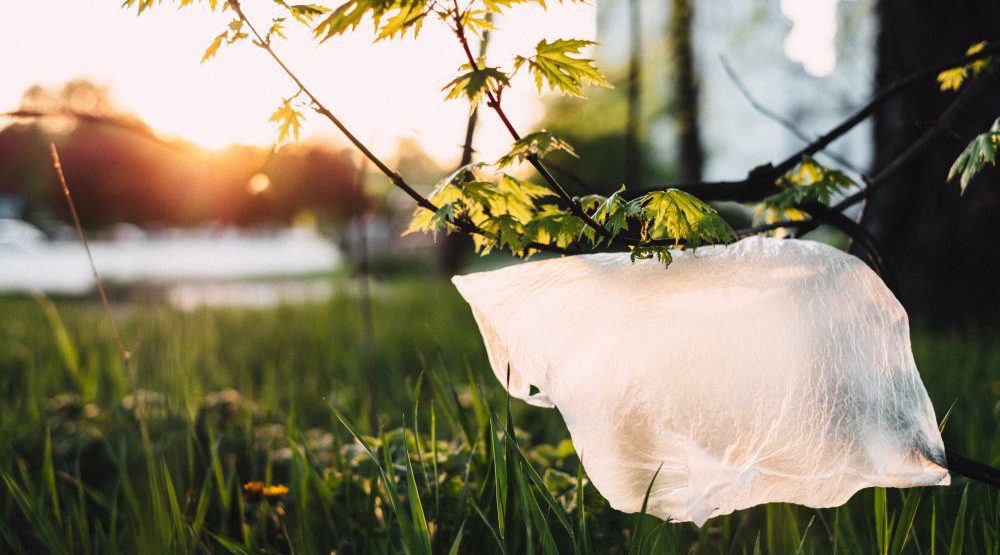
A report on NZ’s plastic packaging system released this week shows that a co-ordinated circular economy approach – where all plastic packaging is collected, reused or recycled into similar new products – is required to solve NZ’s waste and pollution crisis.
Prepared by the Sustainable Business Network’s (SBN) Circular Economy Accelerator, the report New Zealand’s Plastic Packaging System – An Initial Circular Economy Diagnosis, identifies measures to significantly increase recycling rates, such as reduction in the types and formats of plastics used, more on-shore processing facilities, consistent collections around the country, increasing demand for recycled materials and a container deposit scheme.
The report was led by James Griffin, who says there has been an explosion in the use of plastic packaging in the last 60 years because it is relatively cheap, lightweight and durable.
“Unfortunately, systems to properly manage it have not kept pace,” he said. “This has led to a global waste and pollution crisis, including here in New Zealand. More recently, the stresses in our system were highlighted when China effectively closed its doors to the world’s waste.”
According to Griffin, recycling alone cannot solve the issues associated with plastic packaging.
“There needs to be a wider approach, for example, problematic and unnecessary plastic packaging needs to be identified and eliminated from supply chains. Reuse models need to be adopted and scaled as an alternative to single-use plastics.”
Associate Environment Minister Eugenie Sage said the report shows the government is on the right track to tackle the waste problem.
“Work is already underway on a number of the recommendations the report identifies for the government to lead on,” said Sage.
“This includes work we are doing to collect accurate data, expand the waste levy, and invest in on-shore recycling facilities. The Waste Minimisation Fund is available to support projects to deal with plastic waste including creating packaging alternatives.”
The SBN study drew on global research by the UK’s Ellen MacArthur Foundation (EMF), as well as more than 40 interviews with key stakeholders across NZ’s plastic packaging system.
The report provides 47 recommendations to achieve a new comprehensive nationwide plastic packaging system. Top recommendations include:
Individual businesses:
- audit the types and amounts of plastic packaging they use
- set bold targets to design out problematic packaging and enable dramatically improved recycling
- support suppliers providing packaging formats with high levels of recycled content
The business sector also needs to work together to expand the market for recycled materials and develop product stewardship schemes for rigid plastics
The government needs to develop and implement a comprehensive plastic packaging strategy with bold and ambitious targets.
Packaging NZ and Plastics NZ have welcomed the report. In a joint statement, the two companies said they support the need for a national strategic plan and have been advocating for this for some time.
“Solutions must be found which suit the New Zealand context. It is an inescapable fact that packaging exists in a complex eco-system. Simplified characterisation of packaging as ‘good’, ‘bad’ and ‘single-use’ ignores the important ability of plastics packaging to safely deliver products to market in perfect condition, across long supply chains, and with lower environmental impact than most other packaging materials.
“The goal of a circular plastics economy is laudable and the ideal. The journey to achieve this goal requires government leadership both central and local, sector collaboration, new infrastructure and considerable technical innovation. We also need to engage society to address consumption and tackle the scourge of litter and illegal dumping. To create such extensive and systemic change we must all work together for a better future.”
Comment below to have your say on this story.
If you have a news story or tip-off, get in touch at info@13.238.154.125.